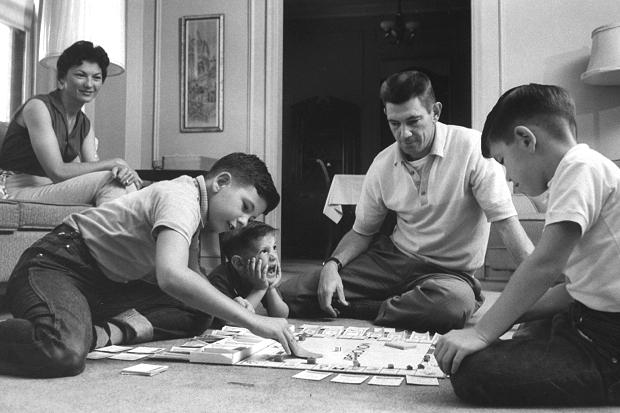You're Not Confused It's Really Not That Complicated
There is a habit among new players, and even some veteran players, when they are first engaging with a new game: they try to understand all of the rules. This is a noble effort to be sure, but it is also largely a misguided or wasted effort when it comes to RPGs.
For traditional board games, the rules provide a structure for finding a winner of the game. The game comes from the rules. These are rules that apply equally to everyone playing the game in order for them to have an equal chance at becoming the winner; as such they need to be taken as a whole so the players are aware of what's needed to become the winner of the game.
In traditional board games, the experience is controlled by the rules that create the game. The rules are what lead the conversation at the table (turns, what one is allowed to do on that turn, number of spaces you can move, etc). If you alter the rules of the game, then you lose that control over the experience and you are no longer experiencing the same game. If you removed "the collect $200 when you pass Go" rule from Monopoly, or even just changed it to $500, you'd be playing an entirely different game due to how it affects the chances of finding a winner.
RPGs, in contrast, are not designed to create a winner. The game doesn't come from the rules. The rules are a structure to allow the story to happen and the game emerges from where the story interacts with the rules. They are there to add chance to the situation, so you're not just sitting around a table listing the events you'd want to happen, aka writing a novel. The rules are designed to be flexible enough to let the fiction lead the conversation. To the point where the rules only come up when the story dictates that they should be invoked. It is also entirely possible to have an RPG session where no rolls are made and the rules do not come up without breaking the game.
Traditional board games do not have fictional flexibility in their rules. Try arguing with someone that despite you being down to $1 in Monopoly it would make a better story if you suddenly had $10,000. Or that because cars are faster than thimbles, you should be able to move the race car twice as many spaces. While these things make a lot of fictional sense from a story standpoint, they make no sense from the rules standpoint. They would make finding the winner, the whole point of the rules, difficult to impossible.
For traditional board games, the rules provide a structure for finding a winner of the game. The game comes from the rules. These are rules that apply equally to everyone playing the game in order for them to have an equal chance at becoming the winner; as such they need to be taken as a whole so the players are aware of what's needed to become the winner of the game.
 |
| "Well son, you can either pay your brother or be labeled a communist and become dead to this family." |
RPGs, in contrast, are not designed to create a winner. The game doesn't come from the rules. The rules are a structure to allow the story to happen and the game emerges from where the story interacts with the rules. They are there to add chance to the situation, so you're not just sitting around a table listing the events you'd want to happen, aka writing a novel. The rules are designed to be flexible enough to let the fiction lead the conversation. To the point where the rules only come up when the story dictates that they should be invoked. It is also entirely possible to have an RPG session where no rolls are made and the rules do not come up without breaking the game.
 |
| Jeff knowing the rules so well that he could correct people made the game a lot more fun...said no one ever. |
To me, it just seems like the habit of needing total understanding comes from a misconception about how everything in the game rules is connected. In Monopoly, understanding how one wins and how one can spend their turn creates competition for the winner and therefore creates the game. In RPGs, you aren't looking for a winner. You are creating a space with conversation for the story you're interested in to actually happen.
I've had other posts where I emphasized the importance of players knowing the rules. This post is not a contradiction of that. It's an expansion of that thought. It is up to a player to know how his character can affect the story. It is up to the GM to decide how/why/when the rules come up to affect the story.

Comments
Post a Comment